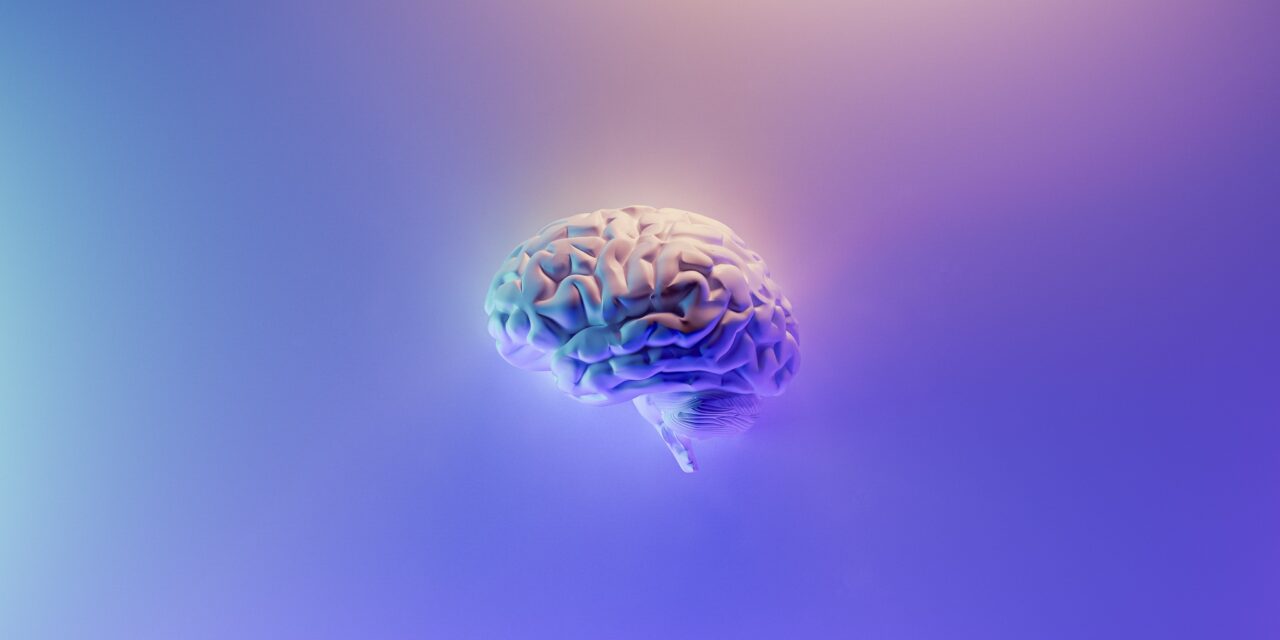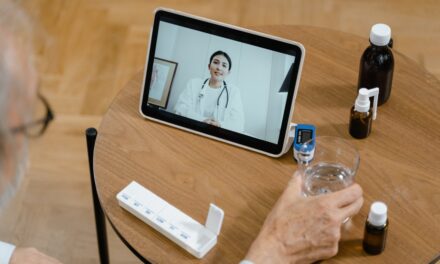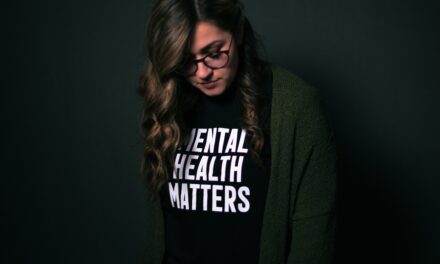Adults diagnosed with ADHD later in life are being urged to see their diagnosis as only the beginning of a journey to address years of false and destructive beliefs about themselves.
Simone-Ellen Keller, a personal transformation strategist and CEO of Genius You, was also diagnosed with ADHD later in life and sees it as part of her mission to help those who learn of their ADHD well into adulthood because the diagnosis is not the end of the journey, but the beginning.
Keller—whose consultancy helps people understand how the mind works and how to use it to uncover their brilliance by using emotions constructively—warns that medication itself is a part of the puzzle, not the whole solution.
“ADHD can often lead to mood dysregulation. When ADHD goes undiagnosed you don’t get the opportunity to address it, resulting in a strong desire for validation, a low self-esteem, conformity to societal expectations, and living life in defence,” says Keller.
“However, an ADHD diagnosis represents the beginning of a transformative journey, regardless of age. It is essential to re-evaluate one’s thinking, behaviours, and beliefs to challenge and correct the misconceptions about oneself and forge a path towards positive change.”
Recognising that neurodiversity is a unique neurological difference, she urges adults diagnosed with ADHD to embark on a process of recalibration.
By understanding their distinctive emotional processing and integrating this newfound knowledge, they can harness their potential and move forward with greater self-awareness and purpose.
Previously mistaken behavioural problems have been reframed in the context of neurological differences, leading to a more informed approach to decision-making and relationships.
“For years, individuals with ADHD may have experienced intense highs and lows, particularly in their relationships,” says Keller.
“This emotional rollercoaster can be attributed to the neurological processing of information. With a fresh perspective, adults with ADHD can take their time to develop connections based on a new understanding of themselves.
“This process of re-evaluating and contextualising one’s experiences is crucial in the journey towards personal growth.”
To support adults with ADHD on their path of self-discovery and empowerment, Keller offers three valuable tips she has learned from her journey:
1. Recognise the New Context
Embrace the new understanding that an ADHD diagnosis provides, allowing for a fresh perspective on past beliefs and emotions.
2. Find Your Process
Take the time to understand your beliefs, thoughts, and emotions, ensuring they align with your newfound understanding of ADHD.
3. Embrace Support Groups
Seek support groups specific to ADHD and dyslexia, where active learning and knowledge-sharing can help you embrace your unique neurology.
“Embracing ADHD as an opportunity for growth and learning allows individuals to shed fear and misunderstanding,” says Keller.
By harnessing the power of medication and adopting an informed approach to self-improvement, individuals can confidently navigate the world, leaving behind the limitations of their past experiences.
More information here: https://www.geniusyou.co.nz/
Ends/…













